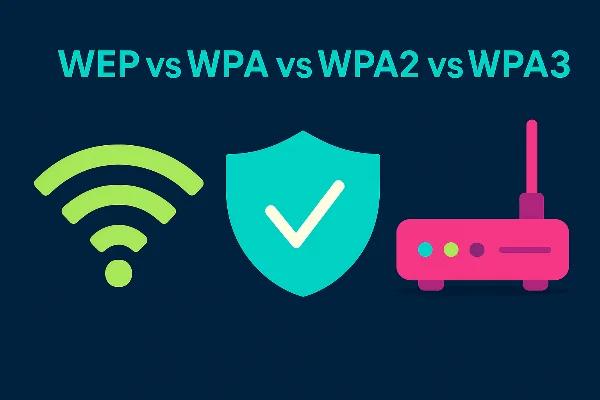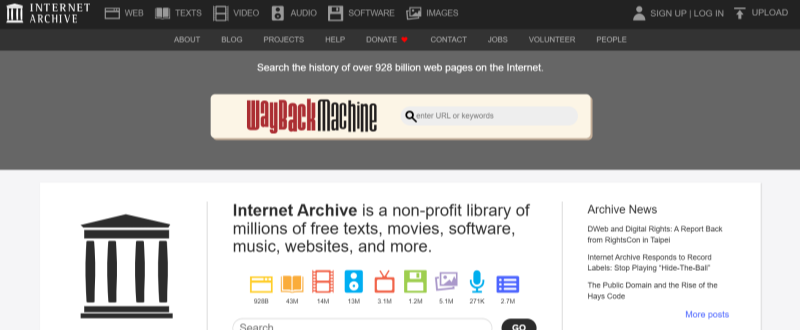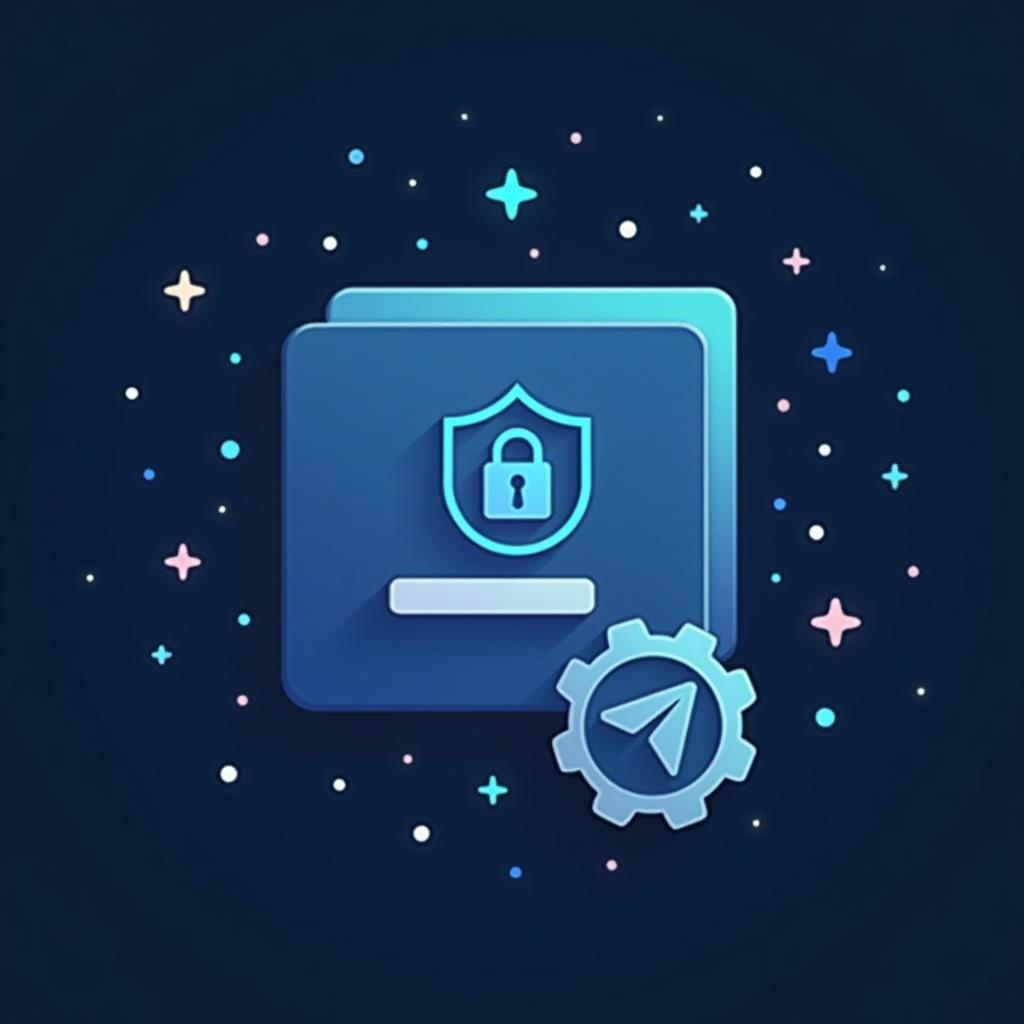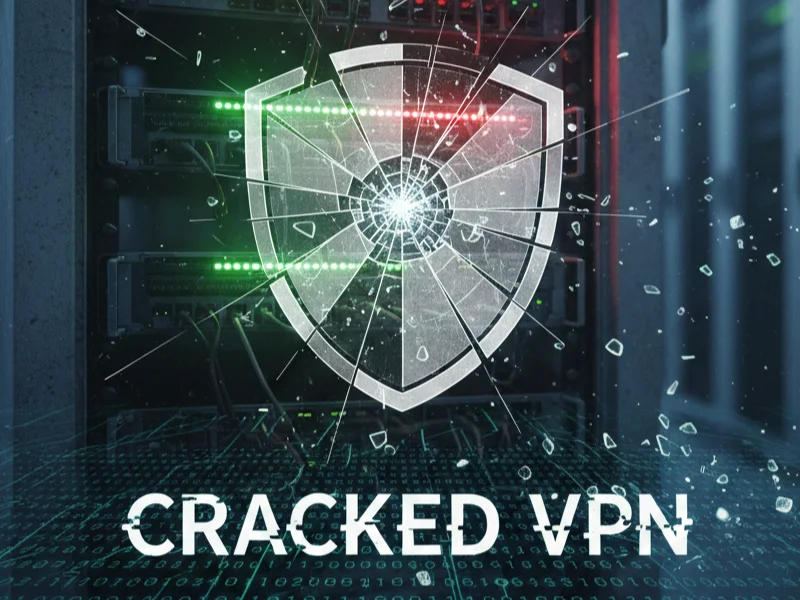Why This Network Is Blocking Encrypted DNS Traffic
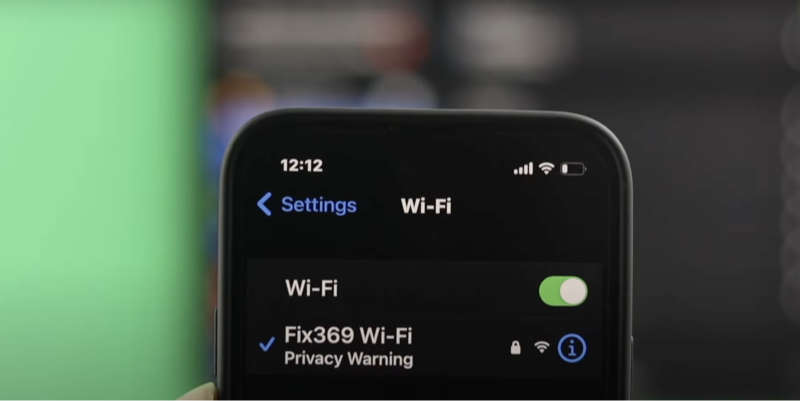
Encrypted DNS hides your website lookups from ISPs and network filters. That’s great for privacy, but it also prevents schools and offices from enforcing content policies. By blocking DNS over HTTPS (DoH) or TLS (DoT), they force you back to their unencrypted, easily monitored DNS.
Layer 1: Basic Fix—Manual DNS Settings
If your device insists this network is blocking encrypted DNS traffic, try switching to an alternate DNS server manually:
On Windows
-
Settings → Network & Internet → Change adapter options
-
Right-click your Wi-Fi/Ethernet adapter → Properties
-
Select Internet Protocol Version 4 (TCP/IPv4) → Properties
-
Choose Use the following DNS server addresses and enter:
-
Preferred:
1.1.1.1(Cloudflare) -
Alternate:
8.8.8.8(Google)
-
-
Click OK and reconnect.
On macOS
-
System Preferences → Network → Advanced
-
Under DNS tab, click + and add:
-
1.1.1.1 -
8.8.8.8
-
-
Click OK and Apply.
This forces your device to use public DNS, but many networks also block standard DNS ports (UDP/53). If you still see this network is blocking encrypted DNS traffic, move on to the next layer.
Layer 2: Intermediate Tools—DNS over HTTPS/TLS Clients
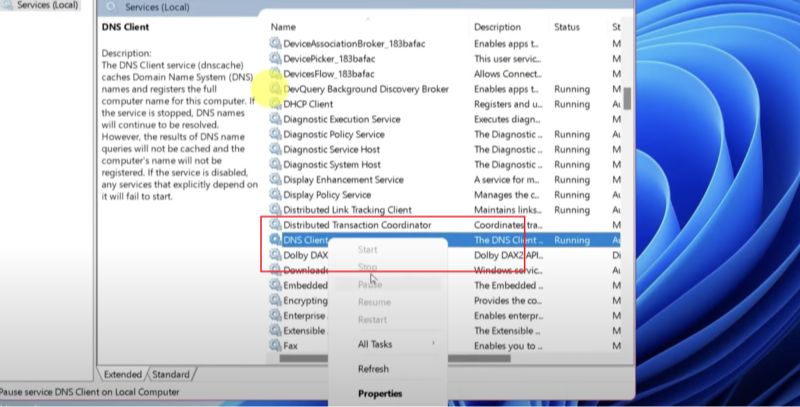
Use a standalone DNS client that tunnels over a port networks often leave open:
-
Simple DNSCrypt or Stubby (DNS-over-TLS)
-
Cloudflare WARP (built-in DoH/DoT on port 443)
These tools encapsulate your queries in HTTPS, making them harder to block. But sophisticated filters can still detect and block their signatures.
Layer 3: Advanced Solution—Best free VPN has Private DNS
When all else fails, switch to UFO VPN, which embeds encrypted DNS within its VPN tunnel:
“Public networks block DNS to track you. UFO VPN’s encrypted DNS overrides these filters — one click and you’re invisible.”
Why UFO VPN’s DNS Works
-
Stealth DNS over VPN: DNS queries travel inside the same encrypted tunnel as your web traffic, making them indistinguishable.
-
No-Leak Guarantees: Built-in DNS leak protection ensures all lookups use UFO VPN’s secure servers.
-
One-Click Activation: Simply connect to any UFO VPN server—no manual settings required.
How to Set Up UFO VPN’s Private DNS
With 3000+ server in over 100 countries, UFO VPN is open to download as a free iPhone VPN, free Android VPN(with VPN APK), free Windows VPN and free Mac VPN. Install the app and sign up or log in.
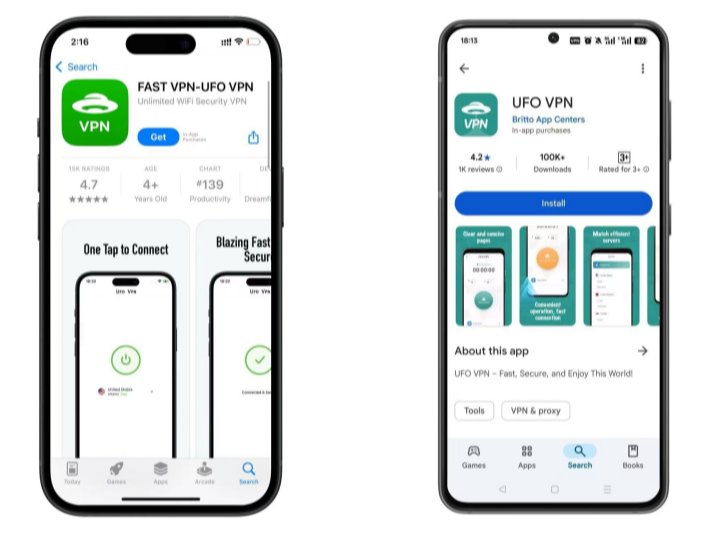
Open the app, choose a free server locationwhere your desired streaming/gaming/browsing platform is available.
We recommend free USA VPN, free UK VPN and free Australia VPN.
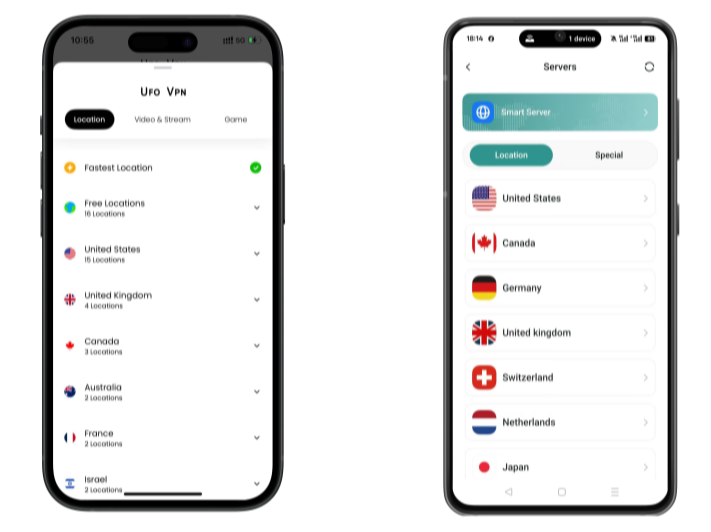
Pro Tip
UFO VPN is compatible with popular platforms in gaming and streaming as CODM VPN, PUBG VPN, Netflix VPN and more!
After connecting, visit What is My IP tool to see your current location and ensure your real IP is visible.
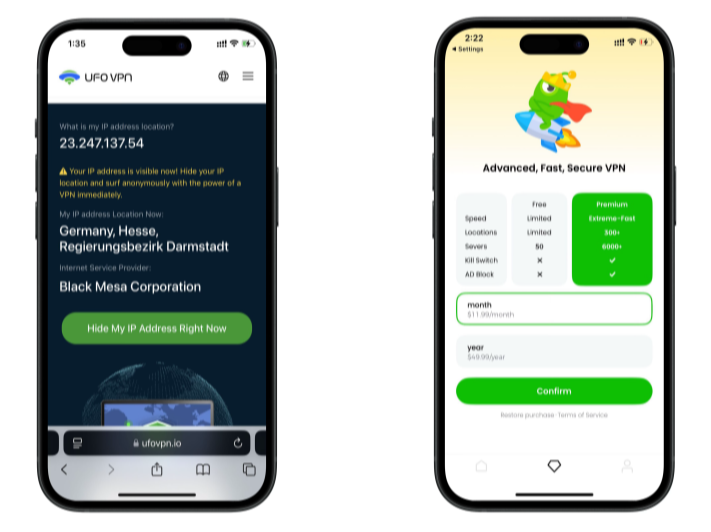
With all set, visit your favorite platform and start browsing without geo-blocks or buffering!
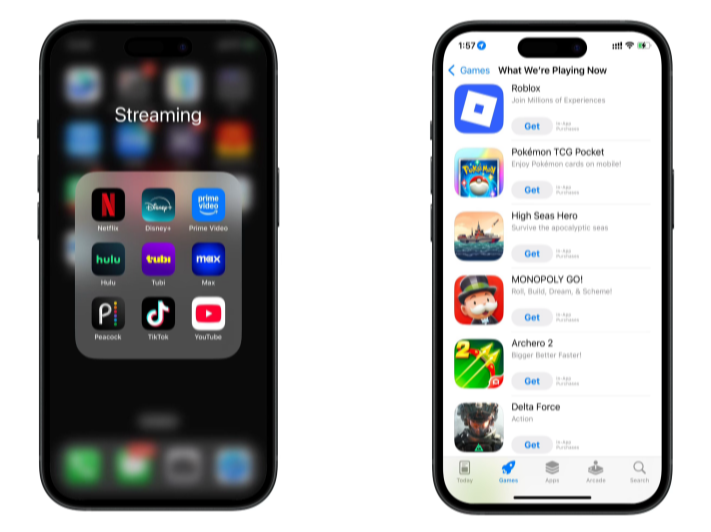
Open Settings → DNS Protection and enable “Use Private DNS”.
Enjoy unrestricted, encrypted DNS without seeing “this network is blocking encrypted DNS traffic.”
FAQ
Q: Why does my network block encrypted DNS traffic?
Organizations often block DNS-over-HTTPS (DoH) and DNS-over-TLS (DoT) to enforce content filters and monitor web activity. By forcing you back to their unencrypted DNS, they can log and restrict the sites you visit.
Q: Can I bypass DNS blocks without a VPN?
Yes, you can try manual DNS settings (e.g., Cloudflare or Google DNS) or use standalone DoH/DoT clients like Simple DNSCrypt or Stubby. However, advanced filters may still detect and block these protocols.
Q: How does UFO VPN solve DNS blocking?
UFO VPN tunnels all DNS requests through its encrypted VPN connection, making them indistinguishable from regular HTTPS traffic. Its private DNS feature and DNS leak protection ensure no queries escape the VPN tunnel.
Q: Will using UFO VPN slow down my DNS lookups?
Any encryption adds minimal overhead, but UFO VPN’s optimized servers keep lookup times under 20 ms on average. You’ll likely see faster page loads than with blocked or throttled DNS.
Q: Is it legal to bypass DNS filtering?
Bypassing DNS blocks on public networks is generally legal, but always comply with your organization’s policies. Using a VPN to protect privacy on public Wi-Fi or to access region-restricted content is legal in most jurisdictions.
Q: Do I need to reconfigure my device after enabling UFO VPN’s private DNS?
No. Once you connect to UFO VPN and enable Use Private DNS in its settings, all your device’s DNS traffic automatically routes through UFO VPN—no further manual steps are required.
Conclusion
Facing this network is blocks encrypted DNS traffic doesn’t have to lock down your privacy. Start with basic manual DNS changes, progress to DNS-over-HTTPS/TLS clients, and when you need iron-clad security, rely on UFO VPN’s private DNS. Whether on public Wi-Fi or a restrictive office network, these layered solutions in 2025 will keep your lookups—and your browsing—truly private.



